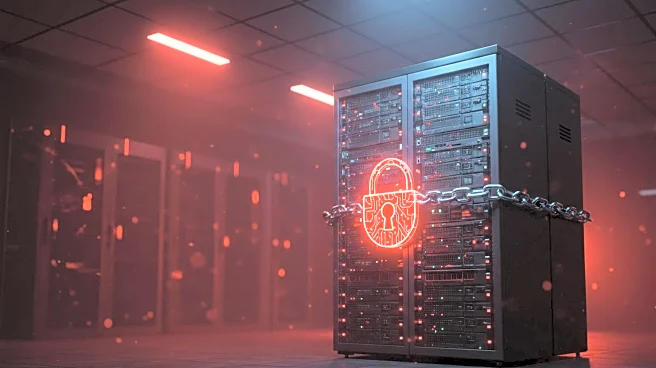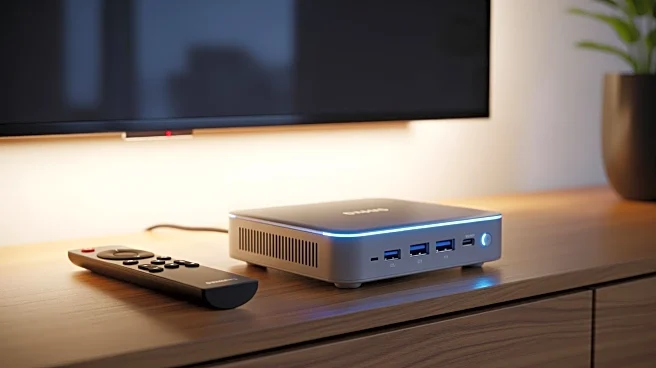What's Happening?
Trend Micro has identified a new ransomware strain named Charon, which is targeting aviation and public sector entities in the Middle East. Charon employs advanced persistent threat (APT)-style techniques, including DLL sideloading, process injection, and endpoint security evasion, to infiltrate systems and deliver customized ransom demands. The ransomware's precision and stealth have drawn comparisons to state-sponsored cyber operations, indicating a new phase of sophistication in ransomware attacks. The attackers use DLL sideloading to deliver the Charon payload, starting with the execution of a legitimate Edge.exe binary, which is exploited to sideload a malicious DLL file named msedge.dll.
Why It's Important?
The emergence of Charon highlights the increasing complexity and targeted nature of ransomware attacks, posing significant threats to critical infrastructure. By employing APT-style techniques, Charon represents a shift towards more sophisticated cyber threats that can evade traditional security measures. This development underscores the need for enhanced cybersecurity protocols and defenses, particularly for sectors that are vital to national security and public safety. Organizations must remain vigilant and adopt advanced security solutions to protect against such threats, which could have severe implications for operational continuity and data integrity.
What's Next?
As ransomware attacks become more sophisticated, cybersecurity experts anticipate a rise in similar threats targeting critical infrastructure globally. Organizations are likely to invest in advanced security measures and threat intelligence to detect and mitigate such attacks. Collaboration between public and private sectors may increase to develop comprehensive strategies for cybersecurity resilience. Additionally, regulatory bodies might consider implementing stricter cybersecurity standards to safeguard critical infrastructure from emerging threats.










